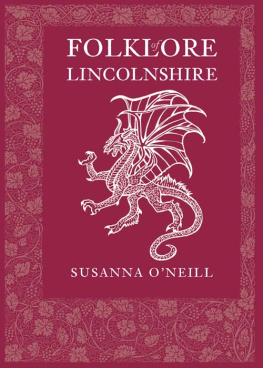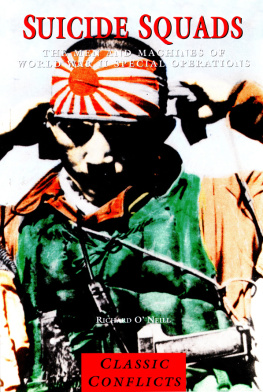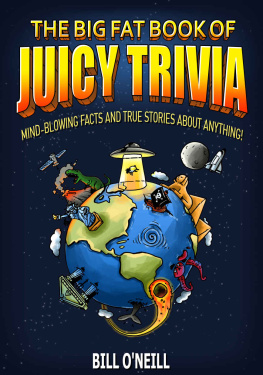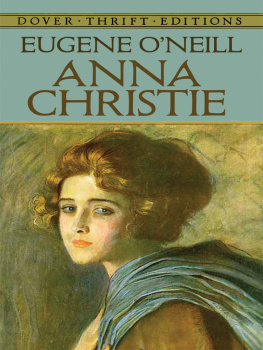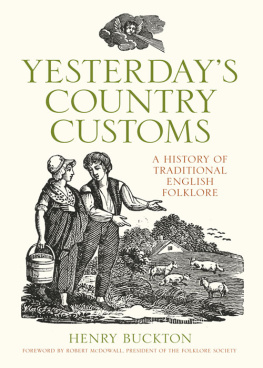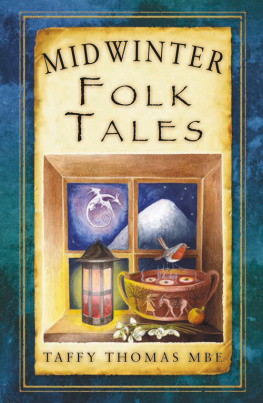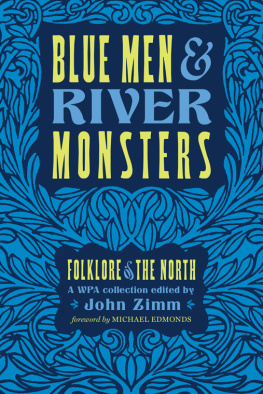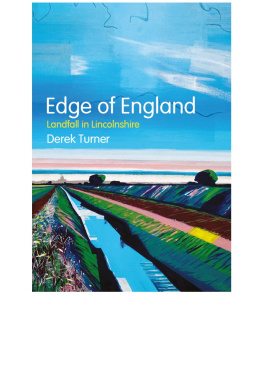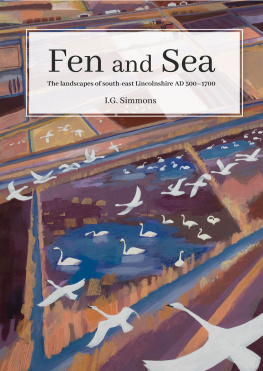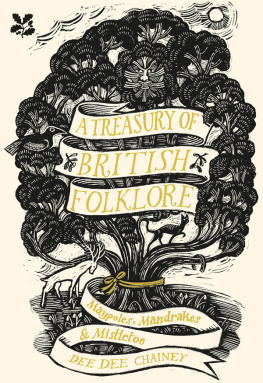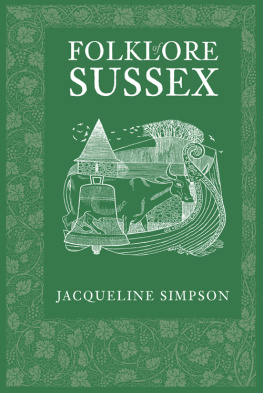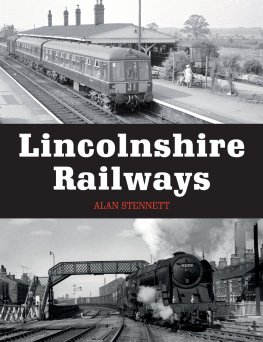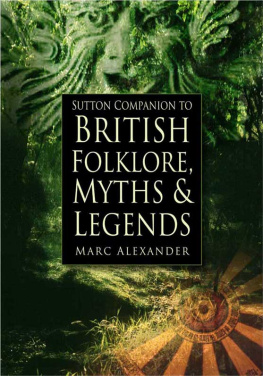C ONTENTS
I extend my thanks to everyone who has helped and supported me during the writing of this book. I have met and talked to many interesting people along my journey and wish to name a few here.
Mrs Rose Cole, Caister, was especially welcoming and I would like to thank her for her kind hospitality and useful information.
I would like to thank the Boston Grammar School for their tour of the library and Beast Yard, especially Rowan Druce who was kind enough to show me around and supply me with interesting information, and also Paul Marsh, the head teacher, for allowing me to take photographs and use them in this publication.
I wish to thank Mr Arthur Franks for his help and wonderful collection of photographs and videos of the Haxey Hood game, which he kindly let me use in this book.
I am very grateful to the staff at Lincolns Museum of Lincolnshire Life, who gave me their time, and to Lincolnshire County Council who allowed me to photograph and publish the pictures of the witch artefacts they house at the museum.
Roger John Crisp deserves my thanks and a mention for the marvellous tour he conducted for me around the grounds of RAF Scampton. It was very informative and a lot of fun! Thank you also for allowing me to publish the photographs I took there.
The staff at Grimsby Central Library were very helpful and friendly, as were the staff at Lincoln Cathedral, especially Anne James, who helped me with dates and festivals. Kath Brown kindly sent me information concerning the Lincolnshire Stuff Ball, for which I was most grateful.
Thank you to Mrs Rogers from the Captains Table at Dogdyke for your stories and the gentleman from Beesby Cottages for your time and information.
Thank you also to the owner of the Abbey House at Swineshead for your directions and help, the gentleman at Horsington, the lady at Tealby who showed me where to find the Devils Chair, and the gentleman at Lower Burnham for his information about the well.
I would like to thank The History Press for allowing me to write for them and especially Beth Amphlett and Matilda Richards, who have patiently led me through the process.
Thank you to my brother James for his support and patience at being dragged round various historical sites. Also thank you to my friend Yann, for his continued encouragement, help and company along the way.
Most of all, thank you to Judy and Arthur ONeill, without whom this book would never have been completed. Thank you for all your time, your proofreading, your ideas and input and, of course, your company through many trips around Lincolnshire. You are invaluable!
When I was bound apprentice in famous Lincolnshire
Full well I served my master, for more than seven year,
Till I took up to poaching as you shall quickly hear,
Oh, tis my delight on a shiny night
In the season of the year.
As me and my companions were setting of a snare,
Twas then we spied the gamekeeper, for him we did not care,
For we can wrestle and fight, my boys, and jump oer anywhere.
Oh, tis my delight on a shiny night
In the season of the year.
As me and my companions were setting four or five,
And taking on em up again, we caught a hare alive,
We took the hare alive, my boys, although the wood did steer.
Oh, tis my delight on a shiny night
In the season of the year.
I threw him on my shoulder and then we all trudged home,
We took him to a neighbours house and sold him for a crown,
We sold him for a crown, my boys, but I need not tell you where!
Oh, tis my delight on a shiny night
In the season of the year.
Success to every gentleman that lives in Lincolnshire,
Success to every poacher that wants to sell a hare.
Bad luck to every gamekeeper that will not sell his deer.
Oh, tis my delight on a shiny night
In the season of the year.
You will not meet a Lincolnshire-born native who has never heard of this old folk song, The Lincolnshire Poacher. Dating from the 1700s or earlier, it has become akin to the National Anthem for Lincolnshire and is still sung and quoted often today. Having a wealth of countryside and open land, coupled with the poor wages labourers received, Lincolnshire was ripe for poaching, even when it was a crime punishable by death! Not quite the happy-go-lucky past time the song suggests but certainly a poignant reminder of days gone by.
Lincolnshire is a fascinating county, rich with history, folklore, character and peculiarities, aptly summed up by John Betjeman:
Lincolnshire issingularly beautiful anda separate country. I would like to see it with its own flag and needing passports to get in.
One of the largest counties in England, Lincolnshire measures nearly 6,000 square kilometres. It is the county with the highest number of bordering counties, which include Leicestershire, Rutland, Cambridgeshire, Norfolk, South Yorkshire and Nottinghamshire. On the east, the North Sea runs its entire length and to the north it is bounded by the Humber Estuary.
Before 1974 it was divided into three regions: Holland, Lindsey and Kesteven, but after this date these three areas unified. The northern part, however, was given the title Humberside, but this was reversed in 1996 and the area became known as North Lincolnshire and North East Lincolnshire.
Lincolnshire has a reputation for remoteness and mysteriousness, for being somehow semi-detached from the rest of England and not quite in the swing of modern life, a place where old ways are preserved and old secrets kept.
This book will give the reader a glimpse of these secrets, of the traditions of old and those that remain, of the tales of indigenous giants, battles with dragons and brushes with the Devil himself. We shall walk with witches, bogles, ghosts and the infamous Black Dog, and laugh along at the Yellowbelly humour and curiosities, for there is a veritable feast to gorge upon!
An enquiry after a persons health is usually one of the opening gambits in a conversation: but have you noticed that Lincolnshire folk will rarely admit to being well? Usually their reply will be Im really no-matters (in indifferent health). On a good day they may answer Im fair to middlin or Im meggerin oop now,
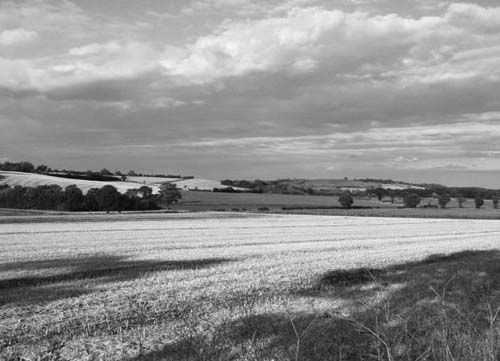
Typical Lincolnshire countryside.
The Lincolnshire dialect is a wonderfully colourful tongue and, as with any others, once immersed into it, it is as easy to understand as your own.
Katherine Briggs relates as a moral the story of a young cock that crowed too loudly before his time and ended up being fed to the pigs. The fascinating thing about the story is that it is all told in dialect and is fantastic to read.
Yaller-leggs cockril livd i runt yard wi owd white cock at was his feyther, an red cock livd o stem-hoose side o yard. An won daay, when owd cocks sittin crawin upon crew-yard gaate, cockril gets up an begins to craw an all.
Cock-a-doodle-doo. Says owd cock. Kick-a-ee-a-ee, says cockril: he couldnt craw plain yit, he was ower yung.
The study of folklore does not usually necessitate the study of dialect, but it can add another dimension to the meanings behind the stories for a deeper understanding. There are many books which list the numerous words, phrases and meanings of the varied Lincolnshire dialect, far too many to list here but as a taster and for interest I include a handful.
Aist: are you?
Albins: perhaps or unable
At-nowt: on no account
Batterfang: a heavy blow
Blash: nonsense
Bod: a bird
Bon: burn

